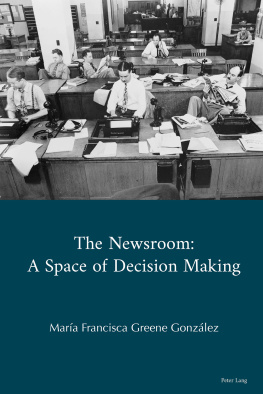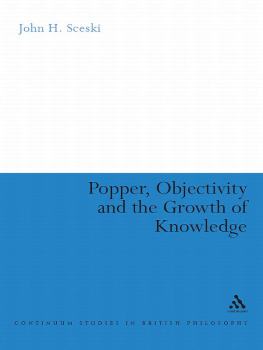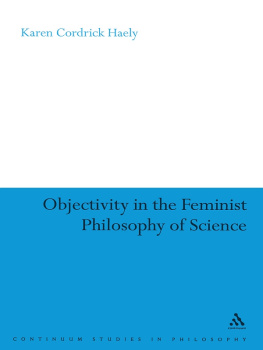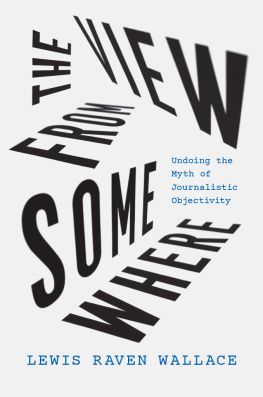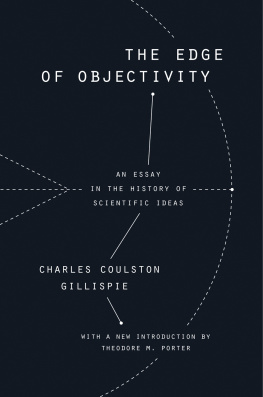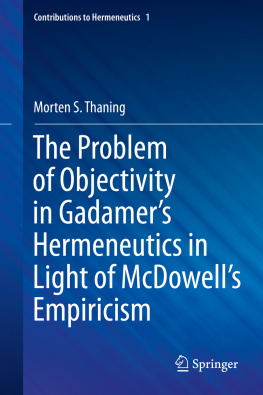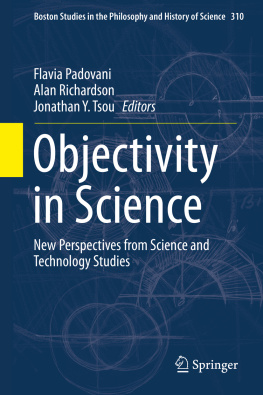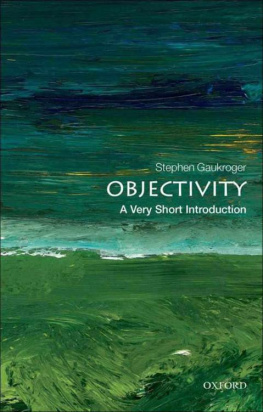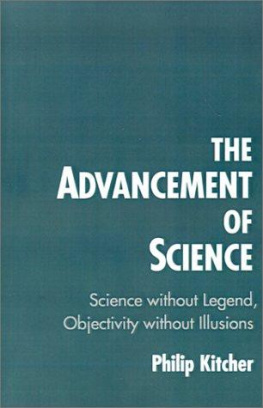The Newsroom: A Space of Decision Making
Mara Francisca Greene Gonzlez

PETER LANG
Oxford Bern Berlin Bruxelles Frankfurt am Main New York Wien
Bibliographic information published by Die Deutsche Nationalbibliothek.
Die Deutsche Nationalbibliothek lists this publication in the Deutsche Nationalbibliografie; detailed bibliographic data is available on the Internet at http://dnb.d-nb.de.
A catalogue record for this book is available from the British Library.
Library of Congress Control Number: 2016959083
Cover image: www.pixabay.com.
ISBN 978-1-78707-244-2 (print) ISBN 978-1-78707-245-9 (ePDF)
ISBN 978-1-78707-261-9 (ePub) ISBN 978-1-78707-262-6 (mobi)
Peter Lang AG 2017
Published by Peter Lang Ltd, International Academic Publishers,
52 St Giles, Oxford, OX1 3LU, United Kingdom
oxford@peterlang.com, www.peterlang.com
Mara Francisca Greene Gonzlez has asserted her right under the Copyright, Designs and Patents Act, 1988, to be identified as Author of this Work.
All rights reserved.
All parts of this publication are protected by copyright.
Any utilisation outside the strict limits of the copyright law, without the permission of the publisher, is forbidden and liable to prosecution.
This applies in particular to reproductions, translations, microfilming, and storage and processing in electronic retrieval systems.
This publication has been peer reviewed.
About the author
Mara Francisca Greene Gonzlez holds a PhD in Communications and is Professor of Journalistic Ethics at the Faculty of Communication of the Universidad de los Andes in Santiago, Chile. She is also a journalist and has worked in various Chilean printed media and public research institutes.
About the book
Journalists are in the daily business of making the unseen visible, of connecting us to the world beyond our direct experience. In doing this, objectivity becomes a pivotal issue, and a highly debated topic both in academia and everyday life. The first systematic approach to the issue of objectivity was initiated by the discipline of mass media sociology: this approach, which was at its peak between 1970 and 1980 in the United States, proposed a completely scientific, mathematical solution to the question of objectivity.
This book is an overview of academic work on journalistic objectivity by American mass media sociologists such as Herbert Gans, Gaye Tuchman, Mark Fishman, Todd Gitlin, Edward Epstein, Harvey Molotoch, Marilyn Lester and Michael Schudson, observing and comparing their positions on journalistic routines and how they can influence the news.
The ideal of objectivity is discussed from the perspective of both the traditional and sociological schools, and weighed against the constant tension between a journalists search for truth and their perception of it, as well as the constraints posed by the organization for which they work.
This eBook can be cited
This edition of the eBook can be cited. To enable this we have marked the start and end of a page. In cases where a word straddles a page break, the marker is placed inside the word at exactly the same position as in the physical book. This means that occasionally a word might be bifurcated by this marker.
x | 1
Objectivity in journalism is a broad topic highly debated from different points of view. Opinions on objectivity range from the academic chapters on journalistic objectivity can be found in all ethics research papers and textbooks to personal professional experience. Most recently, it has also become a topic of regular conversation in everyday life. People frequently complain that journalists have not been objective in their coverage of specific news. This issue is as old as the profession. When objectivity is mentioned, it refers to the principle of journalism; in other words, it is regarded as a characteristic or requirement of the journalist.
Using this traditional concept of journalistic objectivity, the perception of objectivity as a product of journalistic work is surprising. This book begins with the discovery of a novel approach to the treatment of objectivity, provided by so-called mass media sociology, which, at its peak between 1970 and 1980 in the United States, is a pragmatic proposal for a totally scientific, almost mathematical approach to the problem of objectivity.
On the other hand, real journalistic work shows professionals resolving the issue of objectivity in a practical way: awarding equal time to opposing positions; interviewing authorized sources; obtaining official declarations, etc. It is a fact that journalists around the world, not only those from the United States, have somehow established methods that allow them to achieve this ideal objectivity demanded by the academic world and even more strongly by their sources, the public and the business world.
Research dealing with objectivity in mass media sociology is especially relevant because it addresses a concept that is coherently argued in American thinking. Mass media sociology begins its argument in reverse, similar to journalistic ethics: it is concerned with objectivity from the point of view of the outcome, and not the attitude of the journalist.
To begin with, mass media sociologists maintained that objectivity is not related to news content, but rather its form. Later they stated that they dont believe it is correct for it to occur this way, adding that real 1 | 2 objectivity in news cannot be achieved using this approach. Throughout the course of their research, they were critical of journalistic work and pessimistic about the result of the work of the media.
This book covers what has been written about journalistic objectivity by the most influential media sociologists. With the exception of two, their work does not deal specifically with objectivity, but rather, in broader terms, with journalistic routines and their influence on the news. A thorough analysis of journalistic objectivity and how it is understood by mass media sociology will be conducted, although this issue is not the primary focus of their work. Interpreting, relating and examining the background of the positions that inspired the authors is required.
This book observes and compares both the traditional and sociological schools of thought to identify their similarities and differences, with emphasis placed primarily on the proposals of media sociologists, since they are the authors under review. They are all from the United States: Herbert Gans, Gaye Tuchman, Mark Fishman, Todd Gitlin, Edward Epstein, Harvey Molotoch, Marilyn Lester and Michael Schudson.
These eight sociologists lived and worked during the same period of time. They knew and influenced each other. Their concept of life and journalism was quite similar, as was the focus and the concerns of their studies. Although they followed the pragmatic philosophical point of view, there are, nevertheless, nuances which distinguish their approaches.
Despite the fact that media sociologists do not propose a definition of objectivity, they do reach one, although far from its traditional definition. Some of the authors come close to a definition, but they do not clarify dissimilar terms classically related to objectivity. In addition, they equate objectivity to truth, justice, credibility, accuracy and detachment.
This book is mainly about two issues: objectivity and journalistic routines. I would like to expound on this idea. The concept of journalistic routines was first named by media sociologists, and by way of ethnomethodological studies, they analyzed the relationship between the way journalists work and produce a product: the news. The question to be asked now is whether, after forty years of study, it is valid to speak of journalistic routines, ethnomethodology as a research method and the story that news reporters construct while knowing the reality. 2 | 3

